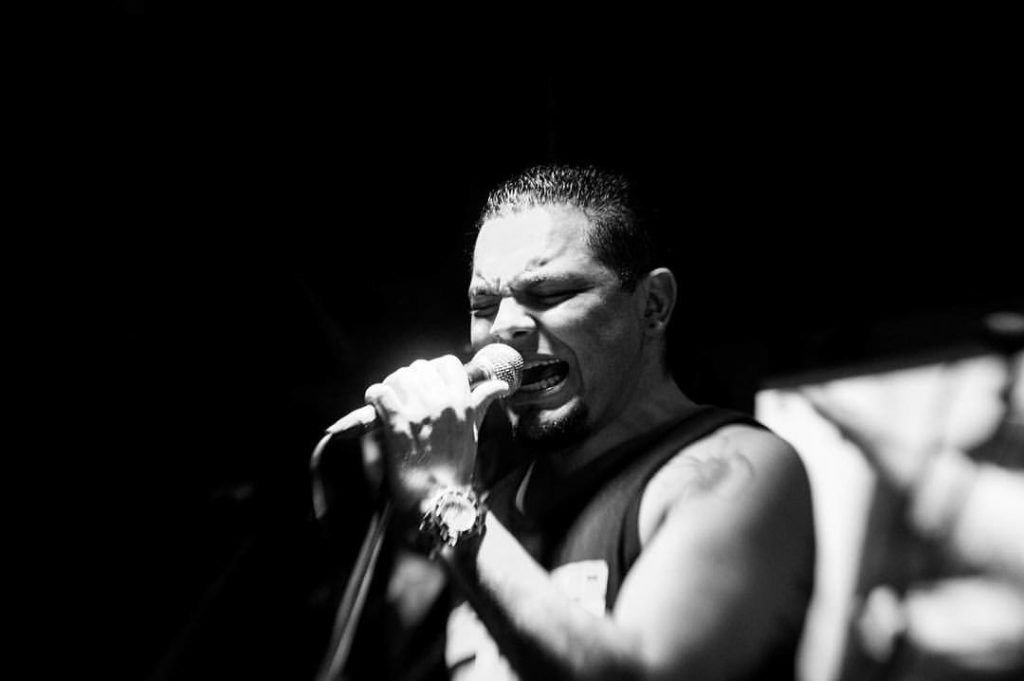By: Jennifer Avila
Honduras and its eternal tragedy. Today all of us who live in this country lost Gustavo Moreno, a human being with an immeasurably bright energy, and a talent that gave hope to those of us who were able to hear him or to those of us who we able to escape the chaos of Tegucigalpa through his cultural project, Cien Años (in English, One-Hundred Years).
The news reports that Gustavo committed suicide. Now the arts community will begin to write from that pain, from the shock that a tragedy like this causes. We’ve lost Gustavo in the darkness of this bleak and violent corner where we currently live, and where we insisted on building different spaces.
I wasn’t a friend of his. I don’t even belong to the group of bohemian artists from Tegucigalpa, a city that not only chokes out its artists with violence and the utter lack of public spaces in which to create, but also suffocates them with heavy costs for promoting their art. I’m a journalist and an artist from San Pedro Sula, another repressive city, a place where I’ve also felt like prey, where creating also comes at a high cost. I know that this country can harm us, and to those of us who have the privilege of dreaming – of not solely thinking about our survival – it wounds us to know that we are trapped.
I’ve listened to the Cien Años record many times, countless times. I got it played on the radio where I was working at the time. I shared it with my fellow artists and all of us in Son de Pueblo [Jennifer’s band] pumped the album. The project gave me hope: hope in a generation that longs for a Honduras that is better educated, friendlier, more constructive; for a Honduras that is happier, despite living in a dictatorship that in many ways represses us.
In the tiny little country, that’s only interested in its people when taking advantage of them, one person commits suicide every day according to reports from the Observatory on Violence. I recently interviewed a psychiatrist from San Pedro Sula and he me told that although he was a specialist he realized he was rarely able to give out pills to patients, but that even that wouldn’t cure the depression in this country. It only controls it, but as long as people live in helplessness and frustration in a country where corruption and impunity reign, this collective depression will continue extinguishing lives like that of Gustavo.
We’re too afraid to talk about the pain that has gripped our society, of the epidemic that’s claiming lives, of the hopelessness that results from living in a country ruled by criminals, the consequences of which translate into thousands of people who’ve never known a dignified life. We need those spaces where we can unload our pain and find a way out, or at the very least some utopia that sets us on the path together.
I always felt that Gustavo was an authentic artist, that he used his powerful voice to deliver a message, to enjoy life, and not just to become famous or a millionaire (he couldn’t have here [in Honduras] anyway). I believe that that authenticity, that light that Gustavo radiated can continue to light our way, can keep shining for more than a hundred years.
May his light shine and lead us out of our individualisms.



